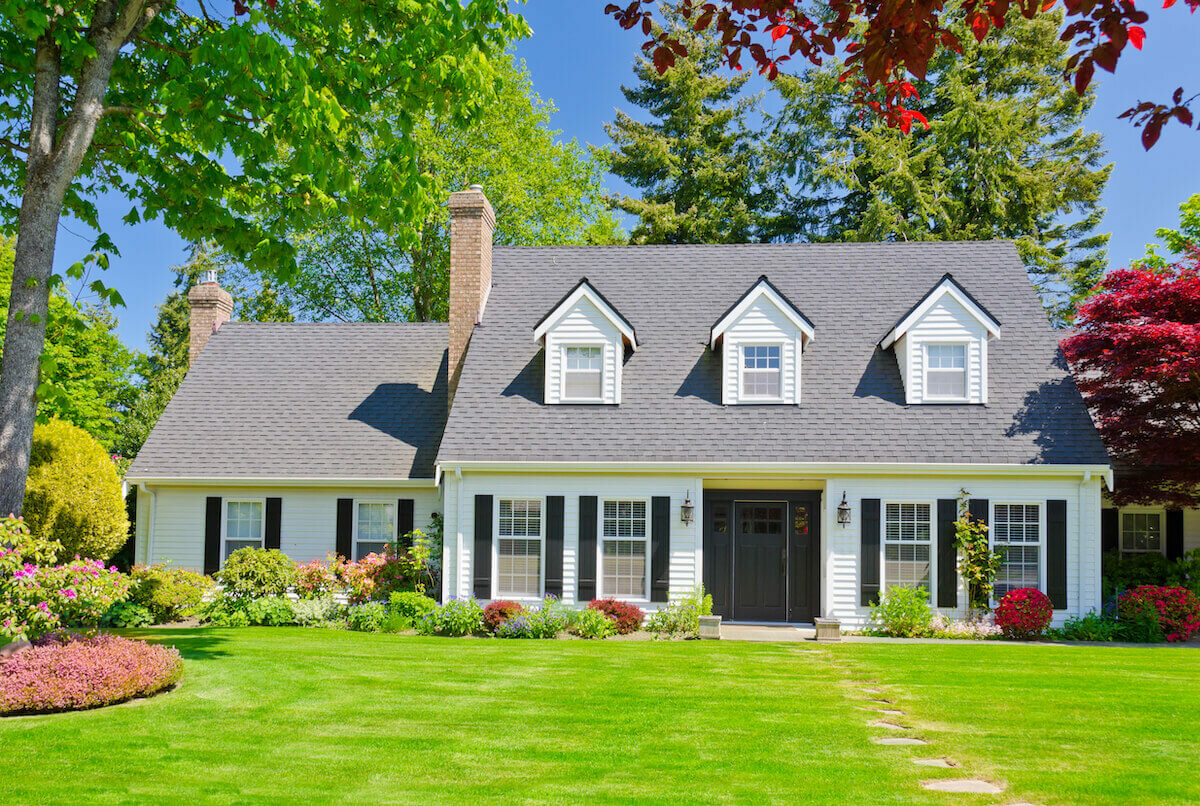
If you are moving into a new home, you’ve cleared a major hurdle. Or you’ve cleared several of them during the process. Yet, the work isn’t done yet.
You’ll want to figure out what kind of major expenditures you’ll want to make. This guide will go over the seven different ones you’ll need. Your new home won’t be complete without them.
It’s always a good idea to set money off to the side for these things. Especially when you’re in the process of finding a new home. If you are a first time homeowner or moving into a newer, larger home, this is the guide for you.
Let’s take a look now at the following expenditures you’ll want to focus on.
Installing a home security system
Security and safety is always important. As a new homeowner, you want to find out what your options are for security systems. Smith Thompson offers all kinds of different options depending on your situation and unique factors.
You may be living in a larger home or downsizing to a smaller space. Regardless, we have the security system that is the perfect match. You’ll want to consider what some of the factors are when making a decision on a security system.
For example, what kind of protection do you need? Are you looking for the standard burglary and fire protection? Or do you want to go beyond that and add alerts for water leaks and other dangers?
There are plenty of options to choose from. Keep in mind that the larger the home security package, the more it can cost. If you’re on a budget, find a security system that will be the best you can afford in terms of coverage and performance.
Insurance policies (homeowners, flood, fire, etc.)
Homeowners insurance is a must-have. It doesn’t matter if you are a first time homeowner or have owned one before. If you have an insurance policy in place, see if you need to make adjustments (if necessary).
It’s important to find the type of policy that will give you the best coverage possible. You’ll obviously want coverage for fires, natural disasters (with the exception of floods and/or fires), or anything that can happen. Another thing you want to keep in mind is flood insurance.
Homeowners insurance does not cover floods. For that reason, flood insurance is separate. If your new home is close to the water, that is something worth considering.
Some homeowner policies can cover fire damage and some may not. Fire insurance may even be sold separately. If you need to save money, find an insurance policy that can cover fires.
Cable and Internet
You might be watching TV on a regular basis. Other times, you’ll need Internet access for so many things. One of them might be watching your favorite TV shows on a streaming app like Hulu and Netflix.
You could be working remotely for a company or even as a self-employed business owner. Either way, a solid Internet connection will be what you need. The setup costs will be one thing to consider.
Also, spending the monthly fee on the package you spend will also be worth the look. Find a package that covers your needs and preferences while fitting your budget.
HOA fees
If your home is in a community where there’s an HOA, you’ll be paying fees on a regular basis. These fees will cover the community’s own expenditures such as common areas and amenities that are available nearby. The amount of fees you pay per month will depend on the location.
In larger cities, you’ll be paying more compared to a suburb of a major city. The difference in what you pay for HOA fees can change even if you travel a single mile up the road. Something to think about if you’re a current homeowner looking for an upgrade.
Home maintenance
You may be considering regular maintenance for your home. You might not be able to do it yourself due to a busy schedule or not knowing how to do it. You can hire someone to mow your lawn, tend to the garden, or clean your gutters.
Whatever you need, there is a contractor that will maintain your home. It can be a recurring thing or done one-time. Regardless, set aside the money for it.
Utilities
Of course, utilities would be a necessary expenditure. You’ll be paying for electricity, water, and anything else that applies. One thing to be aware of when looking for a new home is the square footage.
The larger the home, the more you’ll stand to pay in utilities. If you have rented an apartment before, you’ll notice that paying this expense as a new homeowner will increase. When looking for a new home, you may be taking notes of the square footage.
From there, you’ll decide on a home that is best for you based on size. If you want to save money on utilities, you may need to settle on a smaller home. However, you don’t want to make any unnecessary sacrifices.
For example, you don’t want to choose a home that doesn’t have a backyard for the kids. Or you don’t want to move too far away from a desirable part of town you want to be close to. Don’t throw away the must-haves because you need to save space and money.
Property taxes and mortgage
The property taxes and mortgage will be the most important expenses. We would include them as separate examples. However, they both go hand-in-hand because you have to pay for them.
Otherwise, you might be facing a financial situation including penalties and even foreclosure. Your mortgage will be aimed to pay off your loan. However, if you have no mortgage to pay on, you still need to pay the property taxes.
Whether it’s either or both, you’ll need to pay on one of them on a recurring basis. Property taxes are often paid annually or in installments.
Leave a Reply